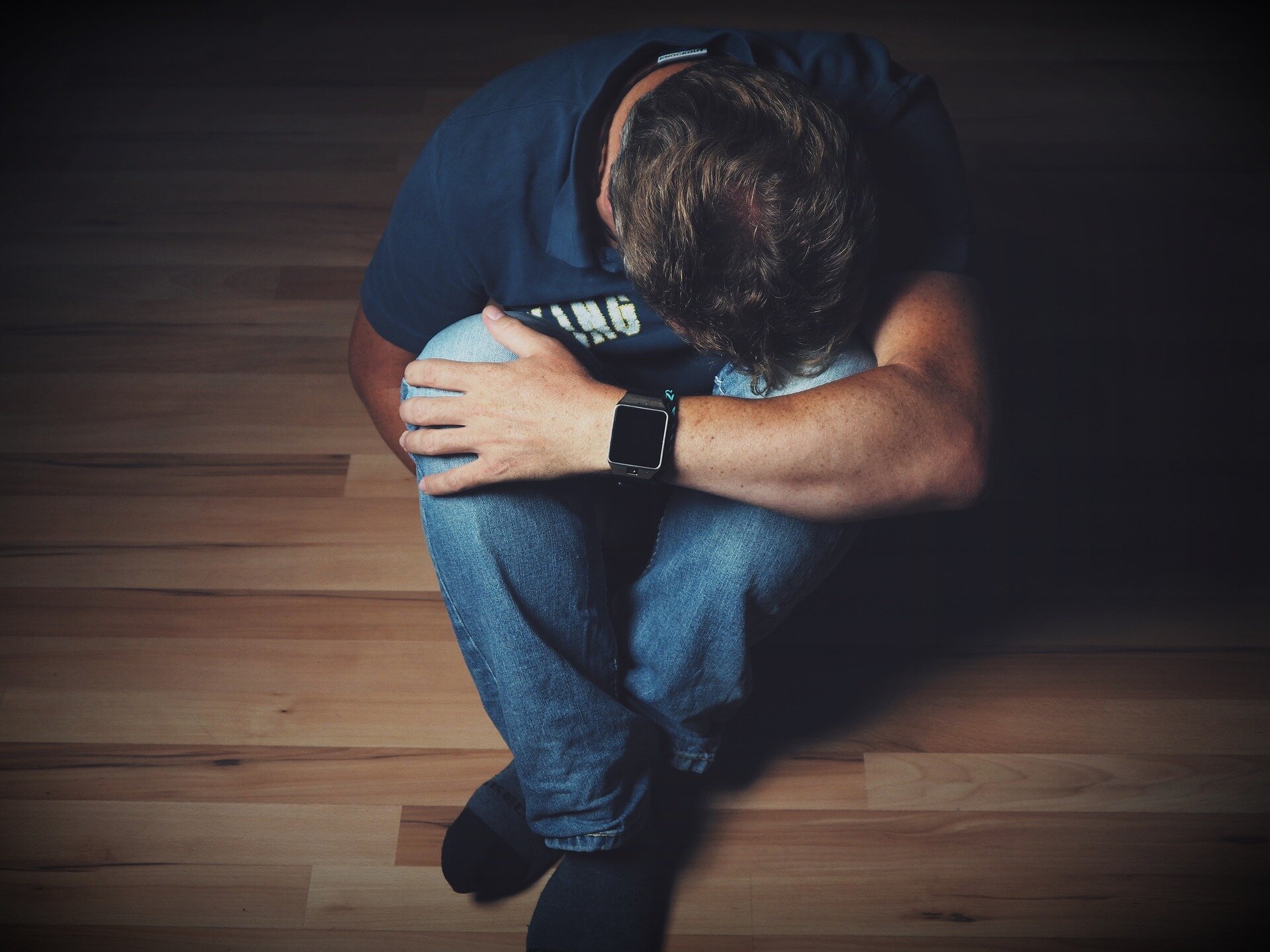If somebody complains that it hurts to think, they may be onto something, as mental exertion appears to be associated with unpleasant feelings in many situations, according to research published by the American Psychological Association.
“Managers often encourage employees, and teachers often encourage students, to exert mental effort. On the surface, this seems to work well: Employees and students do often opt for mentally challenging activities,” said senior author Erik Bijleveld, PhD, of Radboud University. “From this, you may be tempted to conclude that employees and students tend to enjoy thinking hard. Our results suggest that this conclusion would be false: In general, people really dislike mental effort.”
The research was published in the journal Psychological Bulletin.
Researchers conducted a meta-analysis of 170 studies, published between 2019 and 2020 and comprising 4,670 participants, to examine how people generally experience mental effort. They did so by testing whether mental effort is associated with unpleasant feelings and whether that association depends on the task or the population involved.
The studies used a variety of participants (e.g., health care employees, military employees, amateur athletes, college students) from 29 countries and involved 358 different cognitive tasks (e.g., learning a new technology, finding one’s way around an unfamiliar environment, practicing golf swings, playing a virtual reality game). In all studies analyzed, participants reported the level of effort they exerted as well as the extent to which they experienced unpleasant feelings such as frustration, irritation, stress or annoyance.
Across all populations and tasks, the greater the mental effort, the greater the unpleasantness experienced by participants.
“Our findings show that mental effort feels unpleasant across a wide range of populations and tasks,” said Bijleveld. “This is important for professionals, such as engineers and educators, to keep in mind when designing tasks, tools, interfaces, apps, materials or instructions. When people are required to exert substantial mental effort, you need to make sure to support or reward them for their effort.”
One interesting finding, according to Bijleveld, was that while the association between mental effort and adverse feelings was still significant, it was less pronounced in studies conducted in Asian countries compared with those in Europe or North America. This fits with the general idea that the aversiveness of mental effort may depend on people’s learning history. High school students in Asian countries tend to spend more time on schoolwork than their European or North American counterparts and may therefore learn to withstand higher levels of mental exertion early on in their lives, he said.
More important is the real-world observation that despite the aversive nature of mentally challenging tasks, people still voluntarily engage in them, said Bijleveld.
“For example, why do millions of people play chess? People may learn that exerting mental effort in some specific activities is likely to lead to reward. If the benefits of chess outweigh the costs, people may choose to play chess, and even self-report that they enjoy chess,” he said. “Yet, when people choose to pursue mentally effortful activities, this should not be taken as an indication that they enjoy mental effort per se. Perhaps people choose mentally effortful activities despite the effort, not because of it.”

